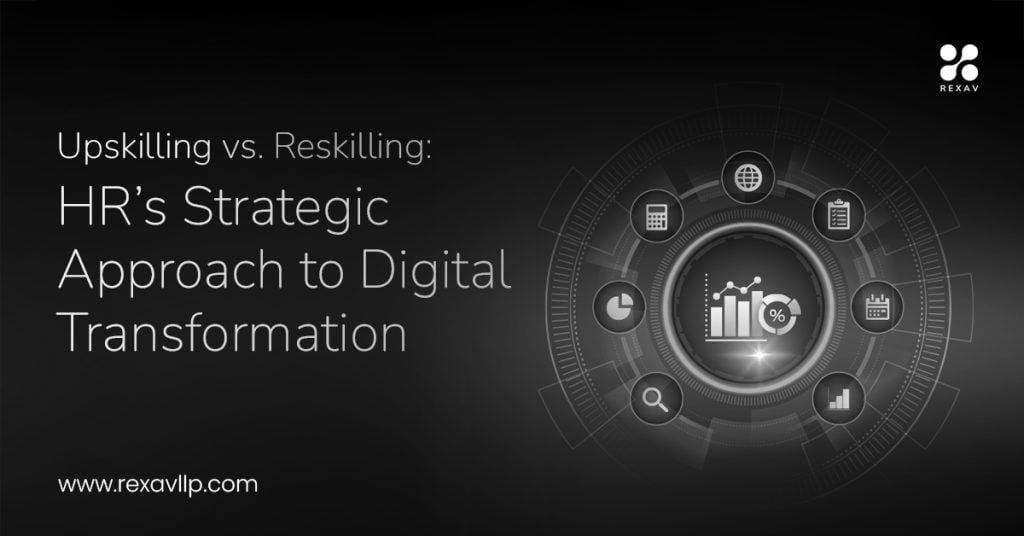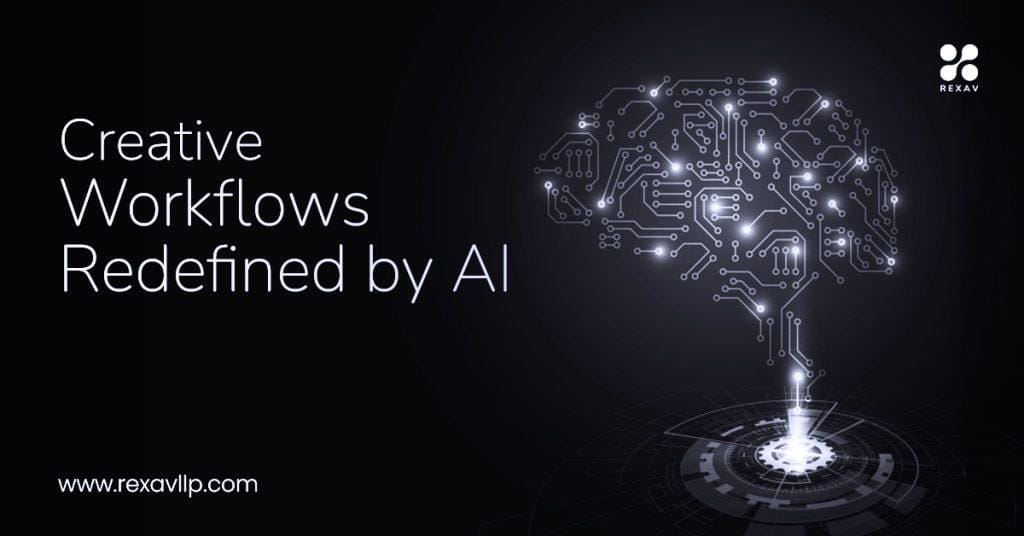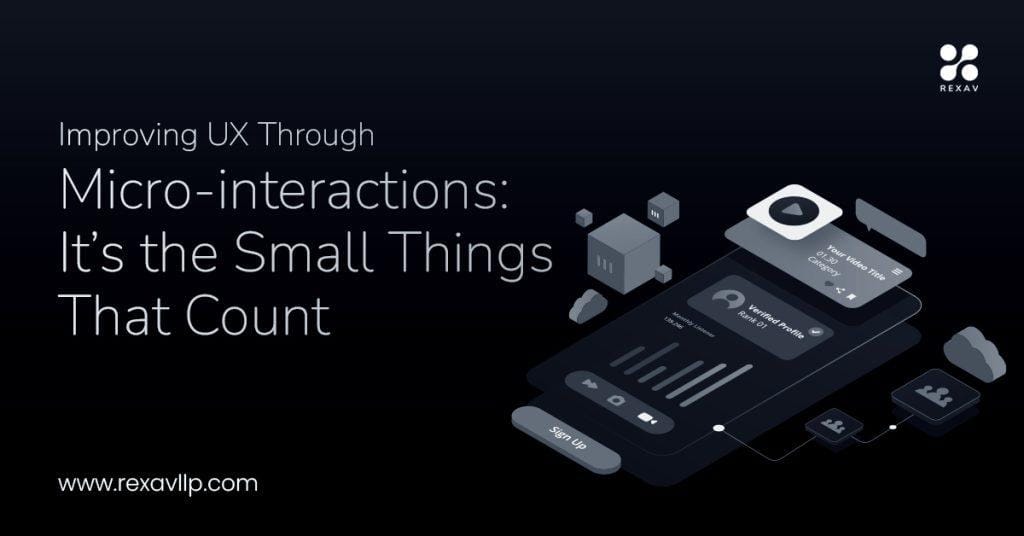Introduction
The pace of digital transformation has redefined the way organizations think about talent. New technologies, from artificial intelligence to automation, are not only changing business models but also reshaping the skills employees need. In this shifting landscape, HR leaders face a critical question: How do we prepare our people for a future that looks very different from today?
The answer lies in a balanced approach to upskilling and reskilling.
Upskilling: Deepening Today’s Strengths
Upskilling focuses on enabling employees to enhance their existing expertise. It’s about giving them the tools and knowledge to grow within their roles and adapt to the digital tools that make their work more effective.
- A finance professional learning predictive analytics
- A teacher adopting digital learning platforms
- A marketer mastering AI-powered customer insights
Upskilling isn’t just about efficiency—it builds confidence, nurtures creativity, and empowers employees to contribute more meaningfully.
Reskilling: Building Pathways to Tomorrow
Reskilling, on the other hand, prepares employees for entirely new roles, often in response to technological disruption. It’s about giving people a chance to pivot rather than be left behind.
- A logistics manager becoming a supply chain analyst
- A support executive moving into chatbot management
- A production worker retraining for digital operations
Reskilling is not just a safeguard against redundancy—it’s a way of unlocking new potential within people who already understand your organization’s culture and values.
HR’s Strategic Balancing Act
HR’s role in this journey is more than program design—it’s about foresight. Which roles will evolve and benefit from upskilling? Which roles may disappear, requiring reskilling? Which employees are best positioned for each path?By using data-driven insights, HR can map skill gaps, align learning with business strategy, and create a culture where employees see change as opportunity, not threat.
Beyond Skills: A Cultural Shift
At its core, digital transformation is not just about technology—it’s about mindset. Employees who feel supported in their growth are more engaged, more loyal, and more willing to embrace change. HR has the responsibility to lead this cultural shift: one that values continuous learning, adaptability, and resilience.
Closing Thought
In the race toward digital transformation, organizations that only invest in technology risk falling short. The real differentiator is people. Upskilling helps them thrive today, reskilling prepares them for tomorrow. Together, they form the foundation of a workforce that is not just ready for change, but ready to lead it.











